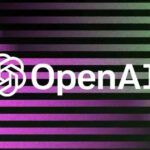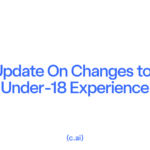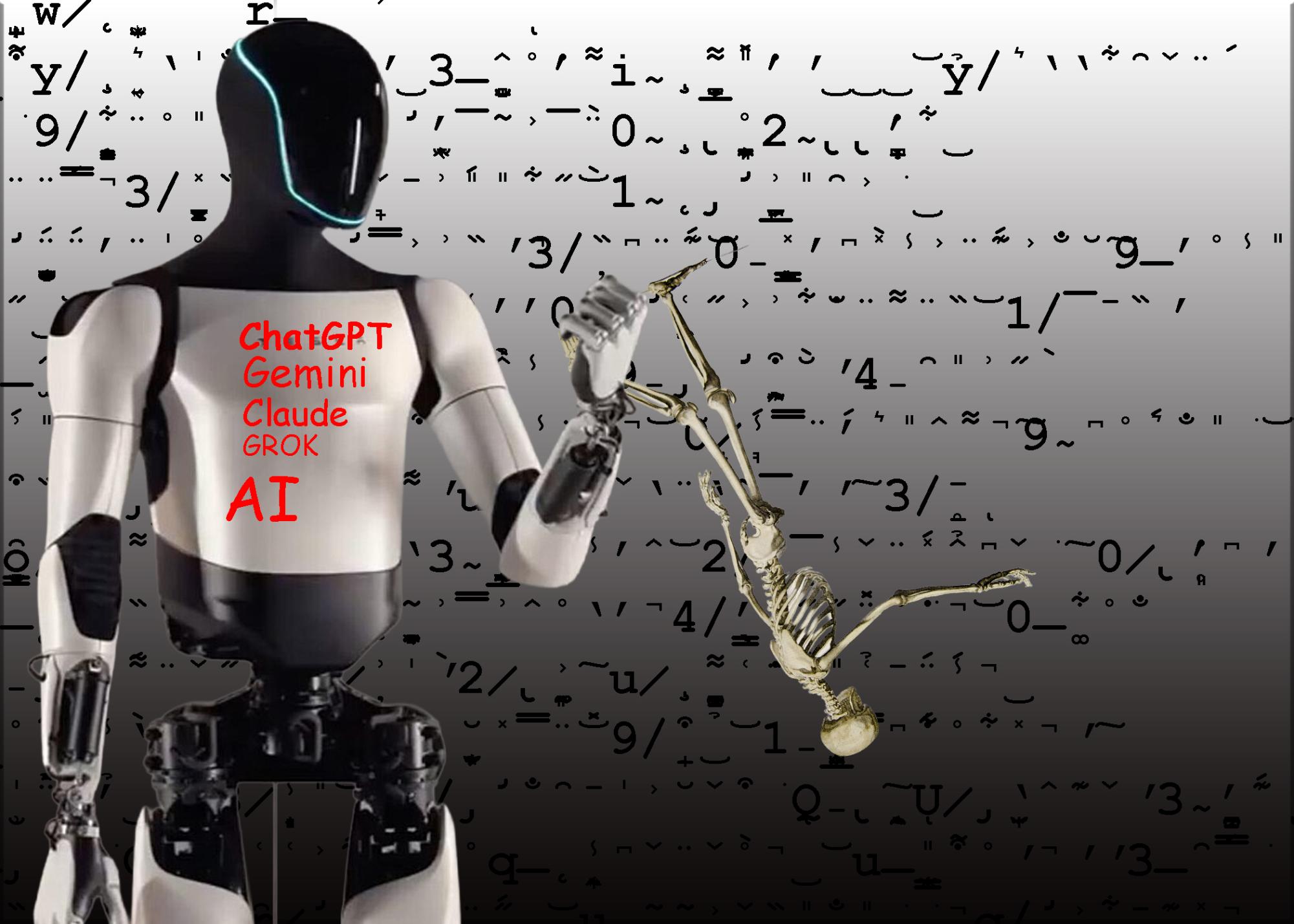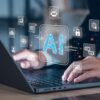The debate surrounding the impact of artificial intelligence (AI) on society has intensified, especially within educational institutions such as the California State University (CSU) system. Critics argue that rampant AI adoption often leads to the exploitation of intellectual property and other societal harms, particularly among marginalized communities.
AI’s growing influence is exemplified by CSU’s recent decision to allocate $17 million for access to OpenAI’s ChatGPT. Many see this move as a misguided effort to keep up with technological advancements while ignoring pressing issues such as the system’s own backlogged maintenance and inadequate funding for faculty and staff. In fact, while CSU received a $144 million loan from the state intended to support its employees, critics argue that this funding was not utilized effectively to meet long-term obligations.
Amidst this backdrop, the CSU system aims to position itself as the nation’s largest AI-empowered university. This initiative, touted by major tech companies like Amazon and OpenAI, raises concerns for students who prefer an education free from AI’s pervasive influence. For many, opting out of AI training feels akin to being pushed out of the educational system altogether, forcing them to seek alternatives elsewhere.
At Cal State LA, where approximately 95% of the student body identifies as non-white, the consequences of AI adoption are not merely theoretical. The technology’s infrastructure, including energy-intensive data centers, significantly contributes to environmental degradation, affecting low-income communities. Critics point out that these data centers not only drive up electricity bills but also strain local water resources. The irony is palpable: while students grapple with financial burdens, the AI systems meant to provide assistance are simultaneously exacerbating existing inequalities.
Regulatory Challenges and Community Impact
The rise of AI has prompted calls for more stringent regulations. California’s recent legislation, SB53, aims to address some of these concerns by introducing protections for whistleblowers within AI labs and requiring developers to publish frameworks for mitigating catastrophic risks. However, experts warn that this law is a modest step at best and doesn’t go far enough to regulate how AI technologies are integrated into everyday life.
As AI continues to permeate various sectors, from education to entertainment, its impacts are increasingly visible. The perception that AI enhances productivity must be balanced with the reality that it often diminishes critical thinking and creativity. Observations of AI systems demonstrate that they can overly validate poor-quality inputs, raising concerns about their reliability and effectiveness.
Moreover, the challenges extend beyond mere productivity. The misuse of AI in generating and distributing content has raised serious ethical questions about intellectual property and the potential for job displacement. As AI systems grow more sophisticated, the risk of misinformation also increases, as evidenced by firsthand experiences where AI models like ChatGPT and Gemini failed to accurately fact-check information.
Future of Education and AI
The trajectory of AI within educational institutions like CSU reflects broader societal trends that prioritize technological advancement over human dignity. As students and faculty navigate this rapidly changing landscape, there is a growing sentiment that a more equitable educational framework is necessary—one that honors the diverse needs of all students and fosters genuine learning without sacrificing critical thought.
In a world where instant gratification often reigns supreme, it is imperative to question whether the relentless push for AI integration is truly beneficial. Many advocate for a return to traditional educational methods that encourage deep understanding and critical analysis over superficial engagement. The future of education should not be dictated solely by the demands of a tech-driven economy but should prioritize the well-being of all individuals.
In conclusion, the integration of AI into the CSU system and beyond presents a complex challenge that necessitates careful consideration of its implications. As the conversation evolves, it is vital for educators, students, and policymakers to engage in meaningful dialogue about the future direction of AI and its role in shaping society.
See also OpenAI Launches Global ChatGPT Group Chats, Enabling Collaboration for Up to 20 Users
OpenAI Launches Global ChatGPT Group Chats, Enabling Collaboration for Up to 20 Users Jeff Bezos Reveals Key Human Skill AI Can’t Imitate: The Power of Invention
Jeff Bezos Reveals Key Human Skill AI Can’t Imitate: The Power of Invention OpenAI Removes Open-Ended Chat for Under-18 Users, Implements New Safety Measures
OpenAI Removes Open-Ended Chat for Under-18 Users, Implements New Safety Measures AI Music Artist Tata Taktumi Launches First Song Amid Backlash from Industry Giants
AI Music Artist Tata Taktumi Launches First Song Amid Backlash from Industry Giants Anthropic Reveals AI Model Exploits Training Hacks, Raises Safety Concerns
Anthropic Reveals AI Model Exploits Training Hacks, Raises Safety Concerns






























































